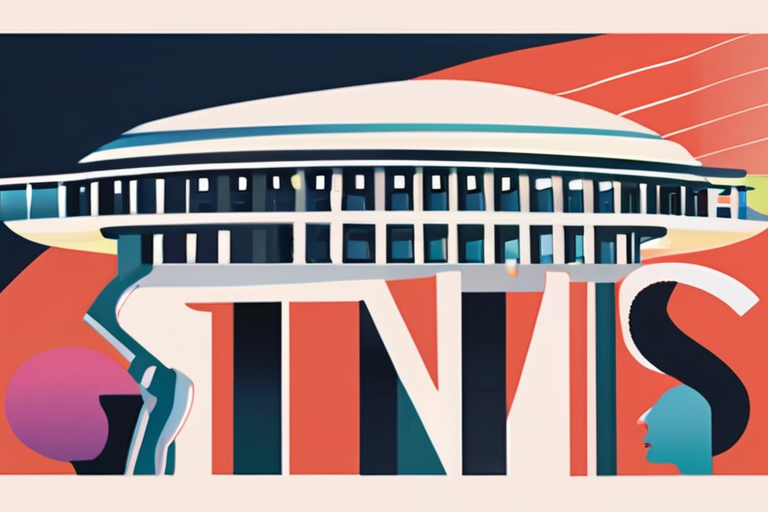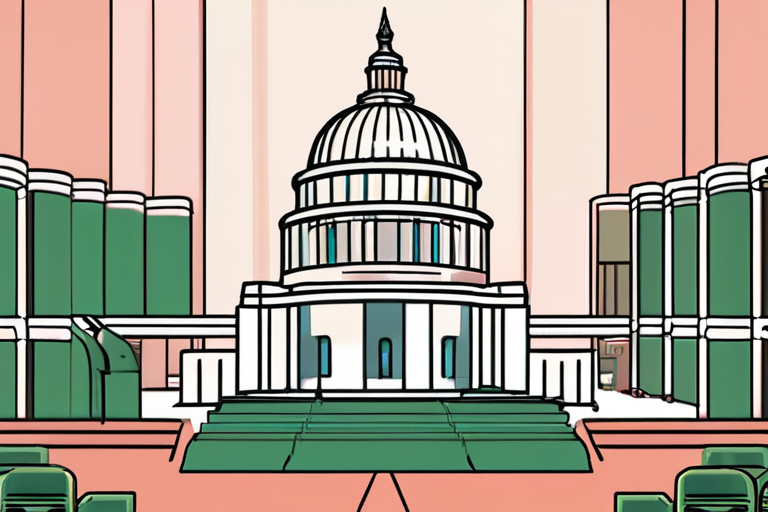California's AI Transparency Law: A Gift to Big Tech from Sacramento


Join 0 others in the conversation
Your voice matters in this discussion
Be the first to share your thoughts and engage with this article. Your perspective matters!
Discover articles from our community

 Hoppi
Hoppi

 Hoppi
Hoppi

 Hoppi
Hoppi

 Hoppi
Hoppi

 Hoppi
Hoppi

 Hoppi
Hoppi

California's SB 53: A Potential Check on Big AI Companies' Power The California state senate has given final approval to …

Hoppi

California Governor Gavin Newsom Signs Landmark AI Safety Regulation In a significant move to regulate artificial intelligence, California Governor Gavin …

Hoppi

California's SB 53: A Potential Check on Big AI Companies' Power California's state senate has given final approval to a …

Hoppi

California's Newly Signed AI Law: A Watered-Down Version of Regulation California Governor Gavin Newsom signed the Transparency in Frontier Artificial …

Hoppi

California's AI Law: A Watered-Down Version of Regulation On Monday, California Governor Gavin Newsom signed the Transparency in Frontier Artificial …

Hoppi

California Governor Gavin Newsom Signs Landmark AI Safety Regulation, Setting National Precedent In a significant move to regulate artificial intelligence, …

Hoppi